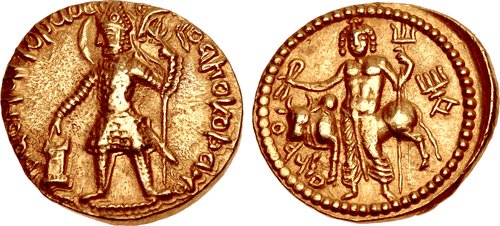QUESTION: Dear Martin,
I have been truly puzzled to start with and now getting fascinated by your blog and discovery of ECM as I have started understanding this order to the seemingly randomness present in Nature.
May God bestow upon you great health with which you can enlighten the entire world with this discovery for many more decades!!
In one of your blog you have quoted that – ‘There can be no political union, only an economic one.’ Is India an exception to this rule where about 780 languages are spoken currently and there are more than 2000 dialects? There were 565 princely states in India at the time of Indian Independence. But for a long time in history the land of Bharat was ruled by single rulers. Of course Bharat then was covering lot of south east asia but not just present India.
Please help your followers to view this information in the light of your discovery.
Regards,
VV
ANSWER: I am very familiar with India. You might want to know that India became the largest economy following the fall of the Byzantine Empire. It yielded to China, but it is currently moving to rise again. Christopher Columbus called the natives in America “Indians” because that is where he was trying to get to. The maps he used from ancient Byzantium miscalculated the diameter of the Earth. Columbus though it was smaller and hence he assumed he found a new route to India – not a new landmass. It was Amerigo Vespucci (1454 –1512) who figured out Columbus’ error and then the new continent was named after him – America, not Columbus. So India has played an important role in history.
The language is exceptionally varied in India. I can handle a few dialects in China from Mandarin, Cantonese, and Fuijanese. It was interesting having my headquarter in Hong Kong. I watched the pending takeover produce a wave of people rushing to learn Mandarin in Hong Kong where they spoke Cantonese. However, India is beyond me in that regard with respect to language, although I am familiar with the food from the various regions.
While the languages are varied, the culture is not. The primary division has been religion so that narrows the diversity to a large extent. In Europe, the language identifies completely different cultures. You do not see Germans marrying Greeks of Italians marrying Irish. Of course there are always some exceptions, but those nationalities that came to America produced a melting pot when they all were forced to speak English. Italian-Irish combinations are very common on the East Cost in New England.
Air Traffic internationally is conducted in English. You cannot fly a plane internationally for an airline unless you can speak English fluently. That allows for communication and cooperation. India would emerge as the strongest economy if it adopted a single language. Often over-looked with respect to India is language. India has become a back-office for a lot of companies because the people have a tendency to move toward English. That allows India to function internationally. So that helps make it an exception. If there was no unifying language like that, India would not advance.
However, the cultural differences emerge when the economy turns down. That is the risk to India in an economic decline.











